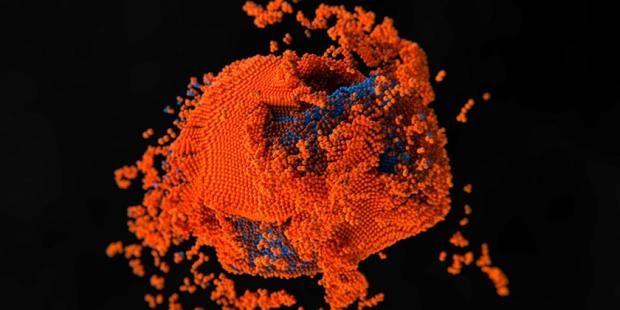
The development of hybridoma technology in the 1970s revolutionized the field of antibody technology, leading to a fundamental transformation in our realisation of the potential of antibodies as a tool for research and for prevention, detection and treatment of diseases. In the past few decades in particular, monoclonal antibodies have found important applications in therapeutics, drug targeting and diagnostics. Since the approval of the first therapeutic monoclonal antibody in the 1980s, therapeutic monoclonal antibodies and antibody-related products such as Fc-fusion proteins, antibody fragments, bi-specifics, and antibody-drug conjugates have become a major class within the biopharmaceutical market. Today, antibody-based therapeutics are fast advancing through clinical development and approval numbers are growing.
The success of the antibody field has naturally been accompanied by vigorous patenting activity, both in terms of obtaining patents for antibodies even where a particular target may already be known and in terms of disputes at both national court and European Patent Office (EPO) opposition and appeal level. This has led to a sizeable body of case law, which increases year on year as patentees seek to maximise their protection or clear the way in increasingly crowded spaces. A comprehensive understanding of this case law, as well as extensive practical experience of the antibody patenting area is required in order to be able to provide useful, commercial advice on patenting strategies. From 1 March 2021, the EPO has introduced a new section in the Guidelines for Examination which is dedicated to antibody practice.
Attorneys at CMS have the relevant experience, having worked in the antibody patenting field for more than 20 years, with a particular focus on EPO prosecution, opposition and appeal. As a snapshot of this long standing and varied experience, our attorneys were involved in:
- The successful defence at first instance and appeal level of a claim directed to any antibody binding to a novel target in T1902/11, Human IL-23/MERCK SHARP & DOHME
- The successful prosecution of a claim to new immunoglobulin format DVD-Ig™ molecules for dual-specific targeting
- The successful defence at first instance in Anti-angiopoietin-2 antibodies/MEDIMMUNE of a claim to a proprietary antibody where the target was already known, based on the identification of an unexpected technical effect
- The successful opposition at appeal level of the clarity of a claim defining a disease in functional terms in T 2321/13 in Hyperproliferative diseases/MAX-PLANCK-GESELLSCHAFT
EPO Antibody Appeals Uncovered
Antibody Case Law
This section offers a one-of-a-kind resource, featuring comprehensive commentary on all antibody-related case law from the Boards of Appeal of the European Patent Office, starting from early 2023. The PDF contains searchable summaries and links to all of the cases, while the tiles are cases organised by relevant legal grounds. Both are continuously updated with new cases as they are released.











